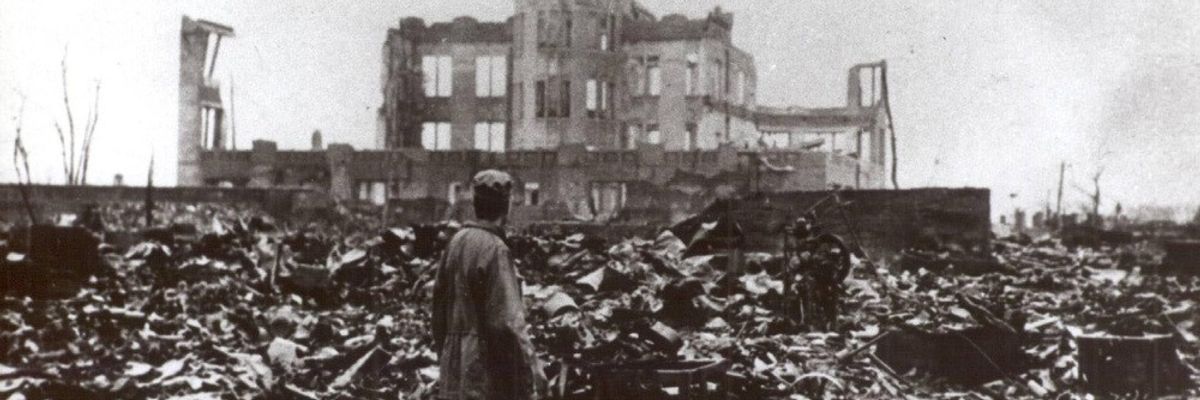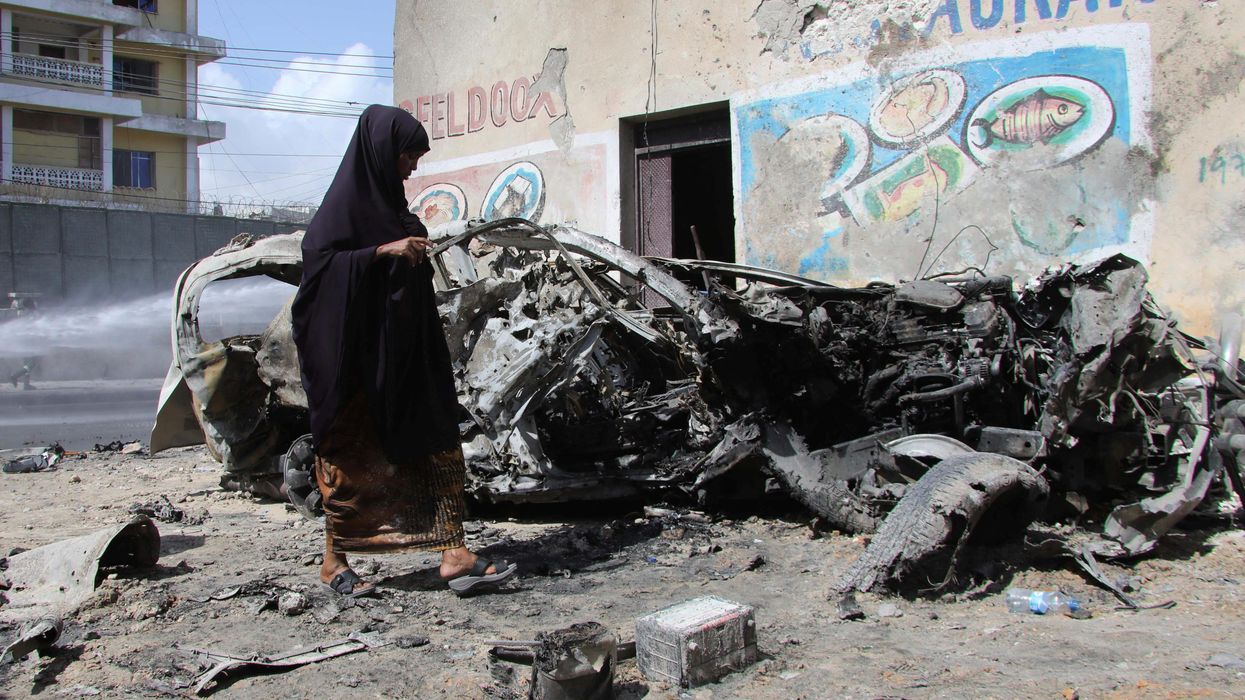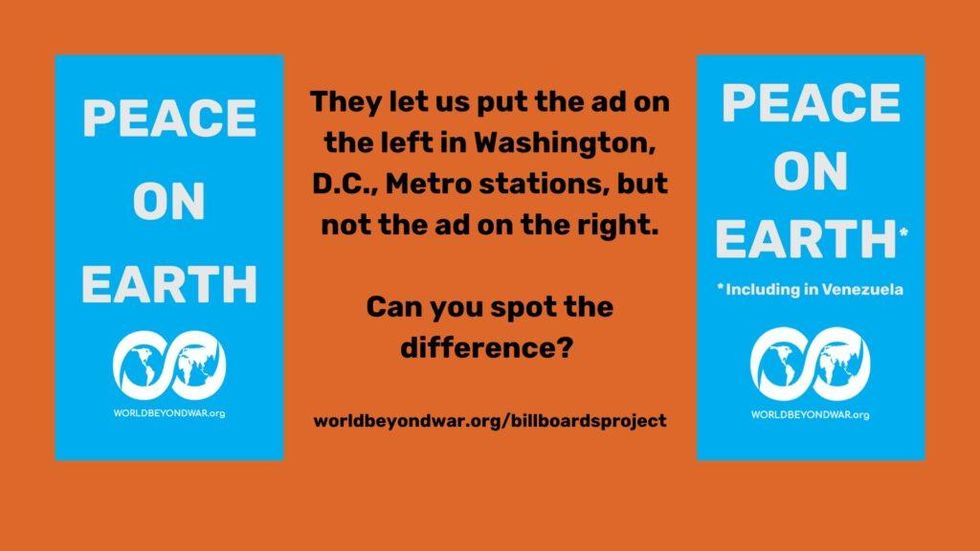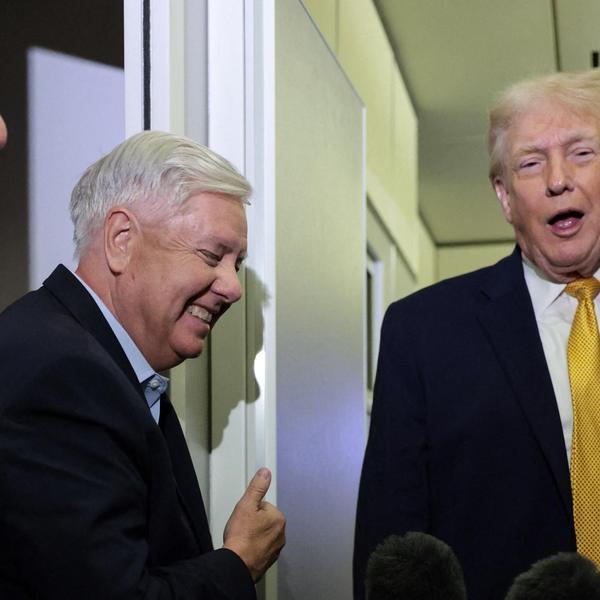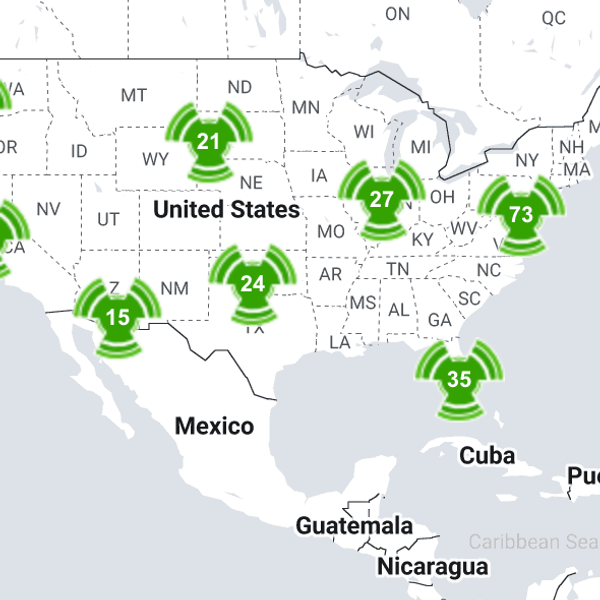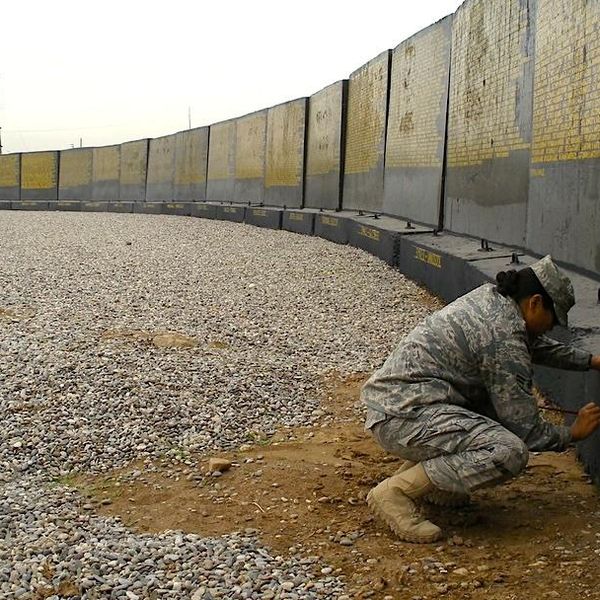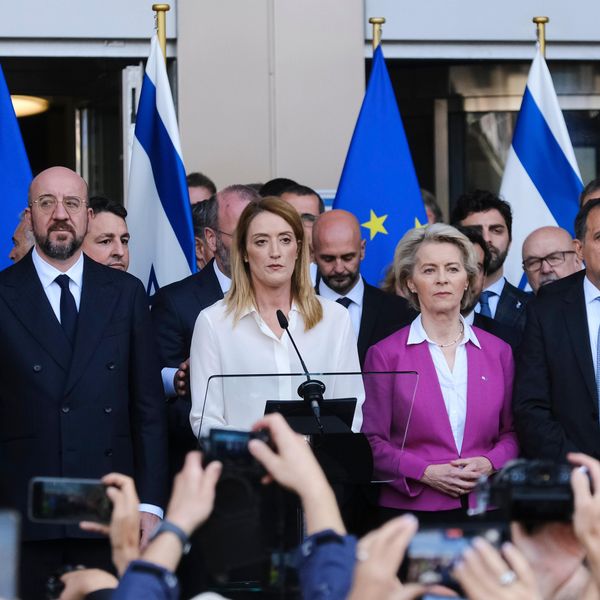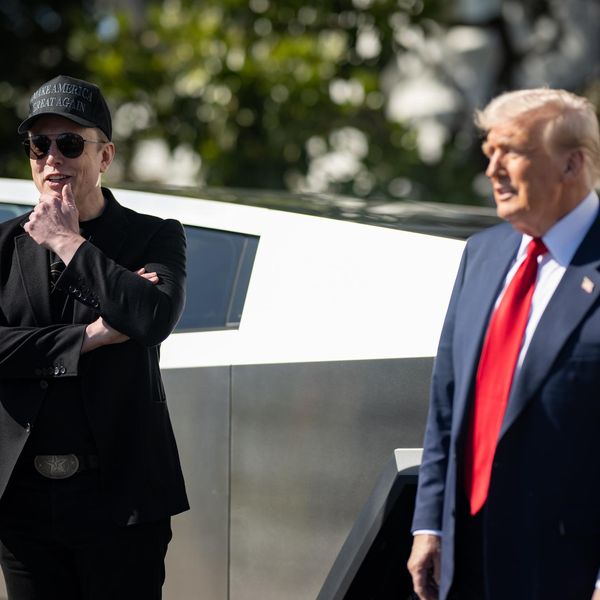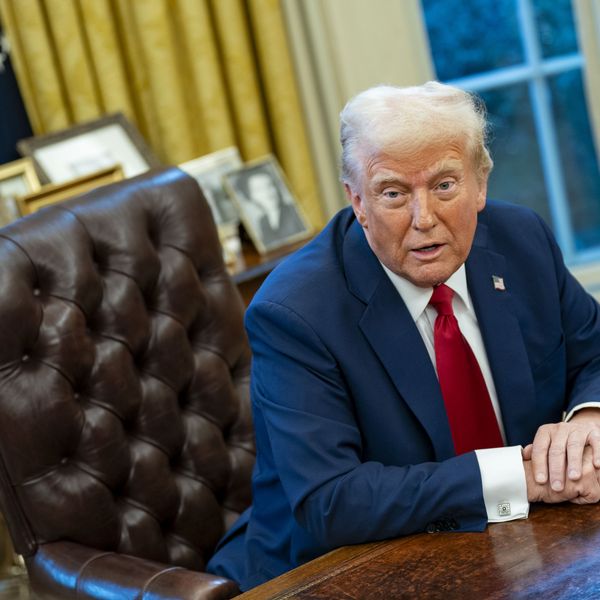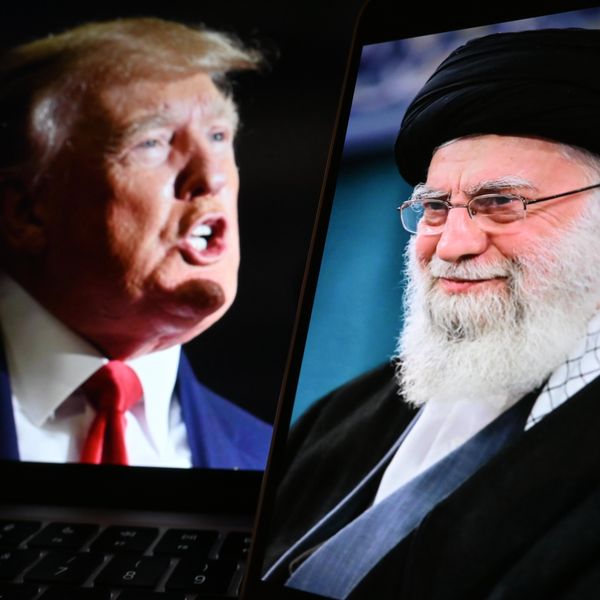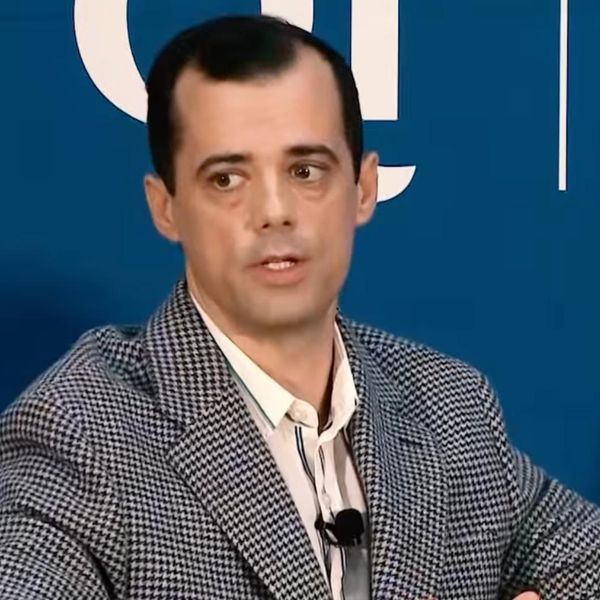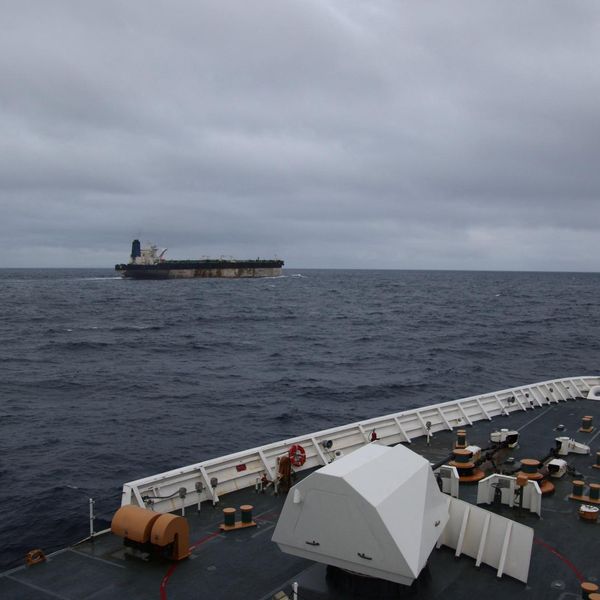In an unprecedented move, more than 100 leading medical journals from around the world called for the abolition of all nuclear weapons in an op-ed published Tuesday.
“The prevention of any use of nuclear weapons is [...] an urgent public health priority and fundamental steps must also be taken to address the root cause of the problem — by abolishing nuclear weapons,” the editorial argues, adding that current non-proliferation efforts are “inadequate to protect the world’s population against the threat of nuclear war.”
“As editors of health and medical journals worldwide, we call on health professionals to alert the public and our leaders to this major danger to public health and the essential life support systems of the planet — and urge action to prevent it,” they write. The co-authors include the editors-in-chief of the Lancet and the New England Journal of Medicine.
The piece, which was sponsored by International Physicians for the Prevention of Nuclear War, notes that the risk of nuclear war has gone up in recent years due to Russia’s invasion of Ukraine and increased tensions on the Korean Peninsula. The authors slammed nuclear states for failing to pursue total denuclearization in good faith, a key provision of the Cold War-era Non-Proliferation Treaty, an agreement that limits which states have access to nuclear weapons.
The article’s release is set to coincide with the 78th anniversary of the American nuclear attacks on Hiroshima and Nagasaki. Those strikes killed as many as 200,000 Japanese civilians, not including those who may have died from cancer and other radiation-related illnesses in later years.
As the editorial notes, the impact of nuclear war today would likely be far worse. Researchers have found that a war involving roughly two percent of the world’s nukes could kill 120 million people directly. And a full-scale nuclear war between the U.S. and Russia could lead to “nuclear winter,” in which the vast majority of humans would perish and civilization as we know it would cease to exist.
The call also comes as millions of people are flocking to theaters to watch ‘Oppenheimer,’ the new Christopher Nolan film about the scientist who led the program that created the atomic bomb. Notably, the movie has faced criticism for not portraying the aftermath of American attacks on Japan and the long-term health consequences of nuclear testing.
The editorial is unlikely to get a warm reception from U.S. officials, who have long argued that security considerations make denuclearization impossible in the near term. And some experts argue that full denuclearization would actually raise the risk of cataclysmic war between the world’s military powers, which have assiduously avoided direct clashes since acquiring the ultimate weapon.
“Nuclear weapons took great power war off the agenda of international politics,” Michael Desch of Notre Dame University told RS earlier this year. And, as Desch noted, the total number of nuclear weapons has dropped dramatically from its high of 65,000 warheads in the mid-1980s.
The Biden administration has so far paid little attention to nuclear negotiations of any sort, though it recently offered to restart nuclear talks with Russia and China “without preconditions.”
The op-ed, for its part, offers three concrete steps that could reduce nuclear risks short of full abolition. One suggestion is for states to adopt a “no first use” policy, meaning that they would only use nuclear weapons in response to a nuclear attack on their territory. Another is to take nukes off “hair-trigger alert,” which would lengthen decision-making windows in case of an apparent attack. Finally, the physicians call on states at war to “pledge publicly and unequivocally that they will not use nuclear weapons in these conflicts.”
But, as the authors note, none of these steps would eliminate the risk of nuclear apocalypse.
“The danger is great and growing,” the medical experts argue. “The nuclear armed states must eliminate their nuclear arsenals before they eliminate us.”

